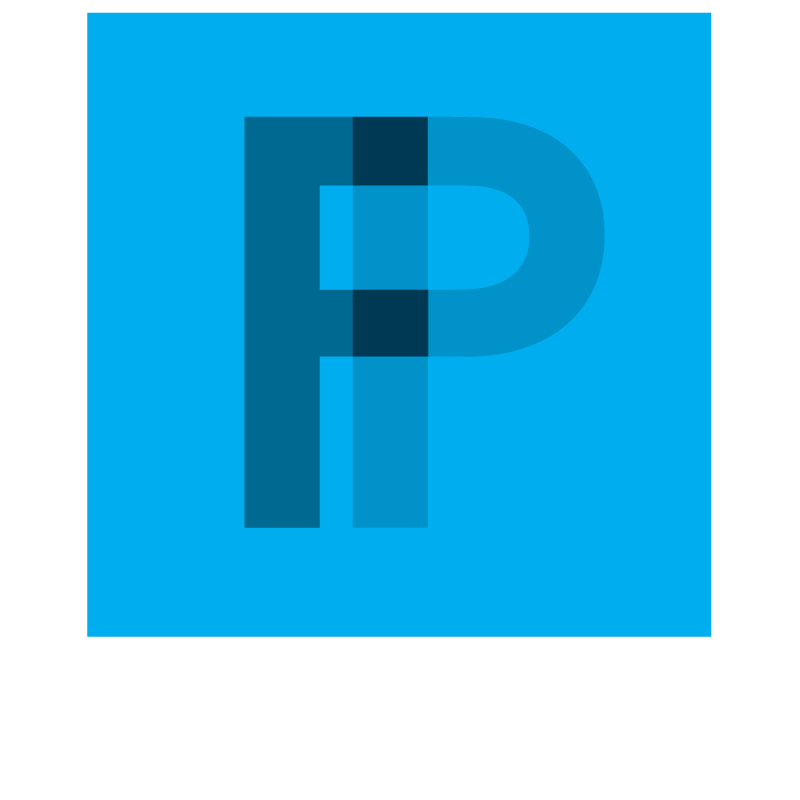How Hot Will Your Brand Be Tomorrow?
The hottest newest brand or brands attract a lot of consumer and media attention. When they’re hot. But whatever is hot today is rarely still hot next quarter.
Updates, fads and trends are coming faster and more frequently.
That’s why former hot brands like Dell soon get crushed by Microsoft. And Microsoft gets toppled by Apple. And Blackberry moves out of favor as iPod comes on the scene, and so on.
At FocalPoint, we think there is a lesson in all of this for the rest of us. As soon as a hot brand becomes exceptional, it’s hard to grow, move ahead and make changes. Why? Because the ‘wow’ is working too well for you at that moment, and it’s hard not to drink your brand Kool-Aid.
We think brand evolution and flexibility are the best responses to the ever-changing, fast-paced competitive marketplace. So we work with our clients to continually improve our client’s brand. Even when it’s hot. This is particularly true in today market. I just came from a speaking event where the subject was in part how the product lifecycle has changes and you really do need to be reinventing your product or service while it is still a hot commodity.
We want to be sure our clients’ positioning re-earns attention and re-connects in new ways so it stays in line with what’s important to their customers.
We make it a point not to drink any brand’s Kool-Aid here.



